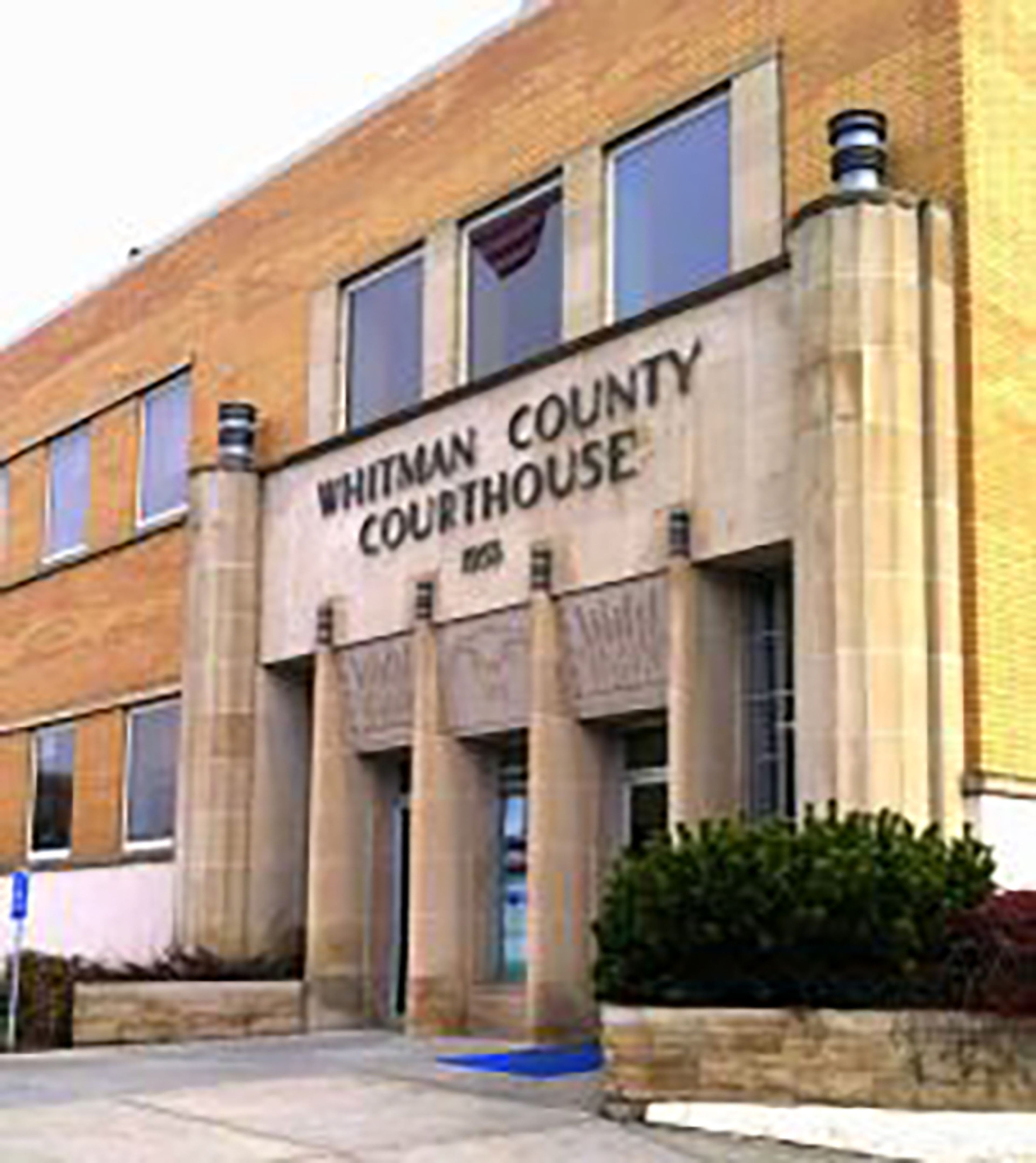This story was published in the June 22, 1898, edition of the Lewiston Tribune.
---
Washington, June 21. — The president has decided that Havana must fall; that Gen. Blanco’s forces in western Cuba must be subjugated at the earliest possible moment. He is at last thoroughly convinced that the war can only be terminated by a striking blow at the enemy’s solar plexus, and he has directed a campaign to be mapped out for military operations in the province of Havana, the vital spot of the Spanish possessions in the western hemisphere.
All arguments against a movement upon Havana at this time will not avail to postpone action. The secretary of war is in thorough accord with the chief executive. He has from the outset advised that Havana must be attacked. General Miles has opposed this action until the last moment. He has insisted that the army is not numerically strong enough and that the climatic conditions are all adverse.
Yellow fever, the rainy season, General Blanco’s superior forces and other arguments that have been used for the sake of postponement now cease to be bugaboos.
If a successful blow cannot be struck now, it is urged, there is little hope for the United States being in shape to do so for months.
The regular army has been increased, and a volunteer army rapidly approximating 200,000 men is in the field and will soon be equipped and ready for active and effective service. This number is to be increased by a third call.
The hope hold out that the downfall of Havana will see a demand made by the powers for surrender has inspired the president to strike quick and telling blows. But, with the commanding officer of the military forces opposed to his plans, the president may be compelled to perform an unpleasant duty.
The scope of operations now proposed will extend as far eastward as Cienfuegos. One of the principal points of invasion now in view is in the vicinity of Batabano, on the coast of Cuba and directly south of Havana.
General Lee has furnished the authorities at Washington with his views. Great reliance is placed in his judgment owing to his superior knowledge. This plan for entering Cuba is understood to be General Lee’s. With the naval forces battering the walls of Morro castle and Fort Cabanas in front of Havana, and the military forces approaching from three different directions, General Blanco will find himself and his band of Spanish soldiers fighting at a great disadvantage.
General Lee will command the main army. It has not yet been fully determined who will be placed in other responsible positions. If General Miles enters into the campaign with the spirit he is expected to display when he sees there is to be no further delay, he will be commanding-general of all the troops sent into Cuba.
The campaign against Havana is not to interfere in any way with the expeditions to Santiago or Porto Rico. The president is as firmly determined to invest both of those places as he is to strike at Havana. All three movements are essential to the ultimate success of the United States in the war with Spain.







